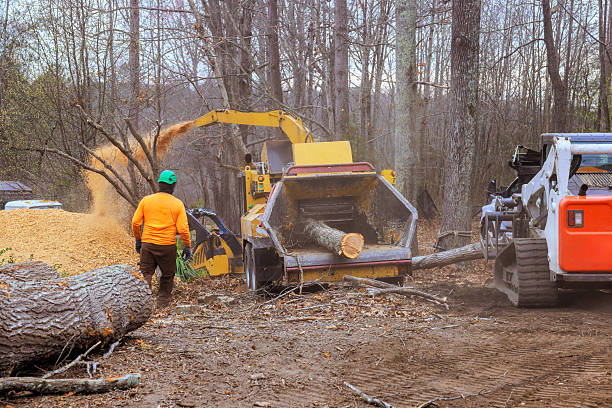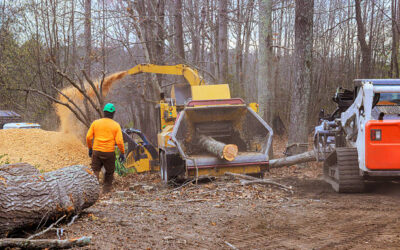Why Plumbing Matters
Plumbing is more than just fixing leaky faucets—it is a critical trade that ensures safe water supply, sanitation, and heating systems in homes, businesses, and public infrastructure. Without skilled plumbers, modern cities and industries could not function. Because water systems are essential for daily life, plumbing has remained a recession-resistant career path with high demand and steady opportunities.
As populations grow and older workers retire, plumbing offers one of the most secure and rewarding trade careers today.
Types of Career Opportunities in Plumbing
The plumbing field offers a wide range of job opportunities, allowing individuals to choose a path that matches their skills and interests. Some of the main career options include:
- Residential Plumbers – Install and repair pipes, fixtures, and appliances in homes.
- Commercial Plumbers – Work on larger-scale projects in offices, schools, hospitals, and industrial facilities.
- Service and Repair Plumbers – Handle emergency calls, leaks, clogs, and system maintenance.
- Pipefitters and Steamfitters – Specialize in installing and repairing pipes that carry chemicals, gases, and high-pressure systems.
- Gas Service Technicians – Install and maintain gas lines for heating and appliances.
- Green Plumbing Specialists – Focus on water conservation, eco-friendly systems, and sustainable building practices.
This diversity means plumbing is not a one-size-fits-all career—workers can specialize, advance, and adapt to different sectors.
Training and Career Pathways
Starting a career in plumbing usually begins with:
- High School Diploma or Equivalent – Strong math, science, and problem-solving skills are helpful.
- Apprenticeship – Most plumbers learn through 4–5 year apprenticeship programs that combine classroom instruction with hands-on training under experienced professionals.
- Licensing – Most states require plumbers to pass exams to become licensed, ensuring they meet safety and building code standards.
- Continuing Education – As technology evolves, plumbers often update their skills through courses on new tools, materials, and eco-friendly systems.
Apprenticeships allow individuals to earn while they learn, making plumbing an affordable path compared to traditional college degrees.
Advancement Opportunities
One of the biggest advantages of plumbing is the opportunity for advancement. After completing training and gaining experience, plumbers can:
- Become a Journeyman Plumber, working independently on projects.
- Earn the title of Master Plumber, allowing them to supervise, design systems, and pull permits.
- Move into supervisory or management roles within construction companies.
- Start their own plumbing business, building financial independence and flexibility.
With time and experience, plumbers can transition from entry-level work to leadership and entrepreneurship.
Benefits of a Career in Plumbing
Choosing plumbing as a profession offers several strong benefits:
- High Demand: Always needed for construction, repairs, and renovations.
- Good Pay: Experienced plumbers can earn $60,000–$90,000+ annually, with master plumbers and business owners earning even more.
- Job Stability: Water systems will always require maintenance, making plumbing one of the most reliable trades.
- Hands-On Work: Ideal for people who enjoy problem-solving and physical activity.
- Variety: Each project is different, offering new challenges and experiences.
Building a Future in Plumbing
A plumbing career is more than just a job—it’s an opportunity to build a stable future in an essential trade. With options ranging from residential service to commercial construction, and from green plumbing to gas systems, the field is full of diverse career paths.
For individuals seeking reliable work, competitive pay, and long-term growth, plumbing offers a rewarding career that makes a real difference in people’s lives.








